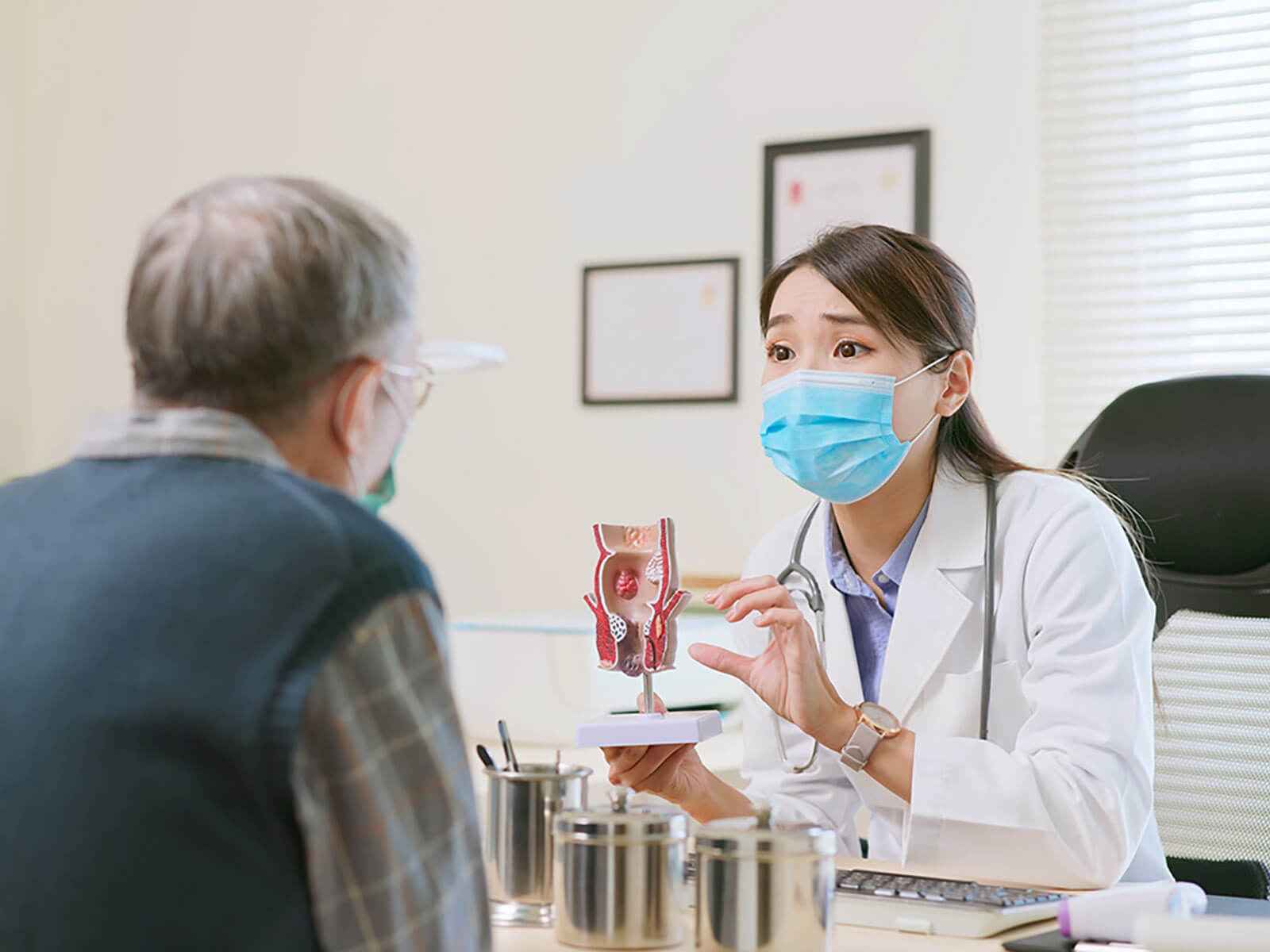
Cell growth leads to the development of the rectal cancer. The rectum is the final part of the large intestine. The faster the better the opportunity of survival.
Airborne flashes A flashing effect of the sky may occur along with other symptoms; consult a physician as soon as possible:
Doctors do not know what it is that causes it. To make you unsafe remember the following:
The combination of innovative diagnostics and the patient-first approach are descriptive features of board-certified professionals in the sphere of rectal cancer in GastroDoxs, Houston. But as we have already told you, since your initial visit to us which we have referred to as initial consultation up to the follow up services, we tailor each of the session to your own need- such as, personalized treatment plans, on site services and the latest surgery, radiation, chemotherapy, immunotherapy.
Do not wait to be in control of health. You can give us your questions and concerns today by calling us at 832-476-1649 or schedule a meeting and leave the rest to our qualified team that will guide you to a better future and thought peace.
We've successfully treated more than 1.5K patients, helping individuals improve their digestive health and overall well-being through expert, personalized care.
With over 20 years of experience, GastroDoxs has been a trusted provider of gastroenterology care, focusing on delivering the best outcomes for patients
The code of rectal cancer in ICD-10 is C20 that is also known as malignant neoplasm of the rectum.
The presence and extent of rectal cancer is diagnosed through the use of colonoscopy with a biopsy, the use of imaging procedures scenes in the CT or MRI and blood test (including tumor markers) to determine the disease presence.
The beginning of the large intestine that is above the rectum is called the colon whereas the last few inches of the large intestine is referred to as the rectum. Rectal cancer is an issue that affects the colon but the colon cancer is an issue that affects the tip of the large intestine which is referred to as the rectum. The treatment mode and surgical operation differs with the position where the tumor is located.
Yes. Only a healthy diet, which incorporates high-fiber and fruits and vegetables, physical activity, good weight, and quitting smoking or alcoholism can help lower the risk and promote the results of treatment.
The rectal cancer at stage 3 has spread to the lymph nodes around it. The good results of many patients who underwent combined treatments -surgery, radiation and chemotherapy and the results of 5-year survivability indicate 60-75.
GastroDoxs provides nutritional education, quality of life support, support groups and care coordination as one of the methods through which patients and their family members can manage the treatment process.
The most common ones are the cycles that are prescribed over a period of 3 to 6 months based on the type of drugs, the treatment regimen and patient-related factors.
The radiation is painless, although it may irritate the skin, cause fatigue or slightly unpleasant pain at the treatment site. Side effects would be detected and managed beforehand.
The patients after the therapy will be subjected to frequent surveillance visits where they will be exposed to physical examination, blood tests, imaging and colonoscopies at the 612 months intervals after the therapy to monitor the recurrence and management of the long term effects.
To contact the rectal cancer specialist of GastroDoxs in Houston; You would have to call our office. We would arrange a meeting with our professional staff and help you in the subsequent steps.